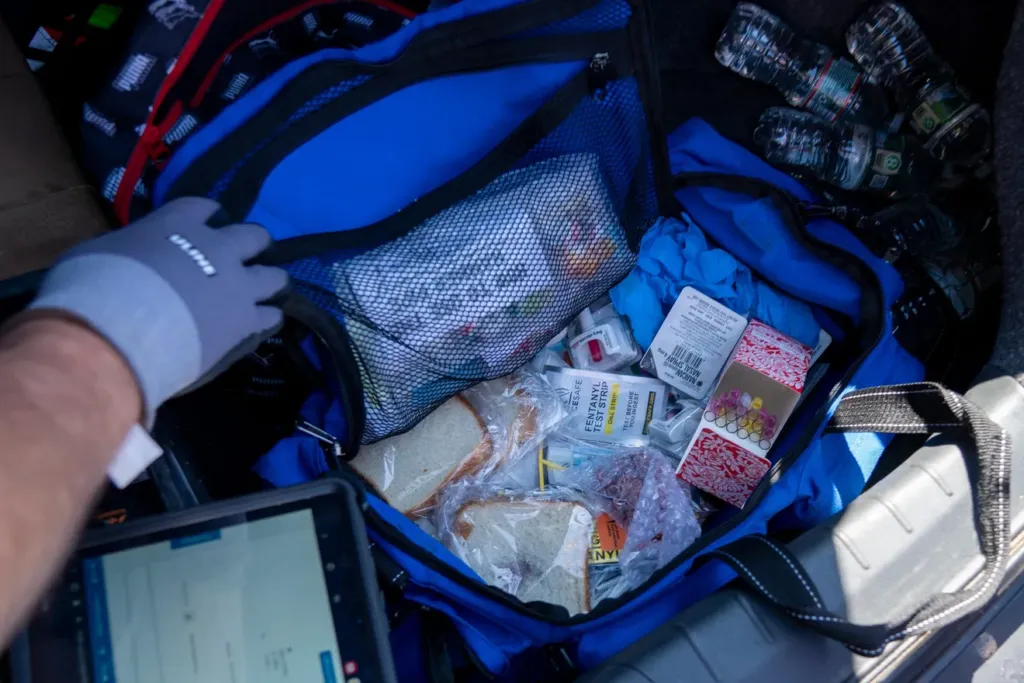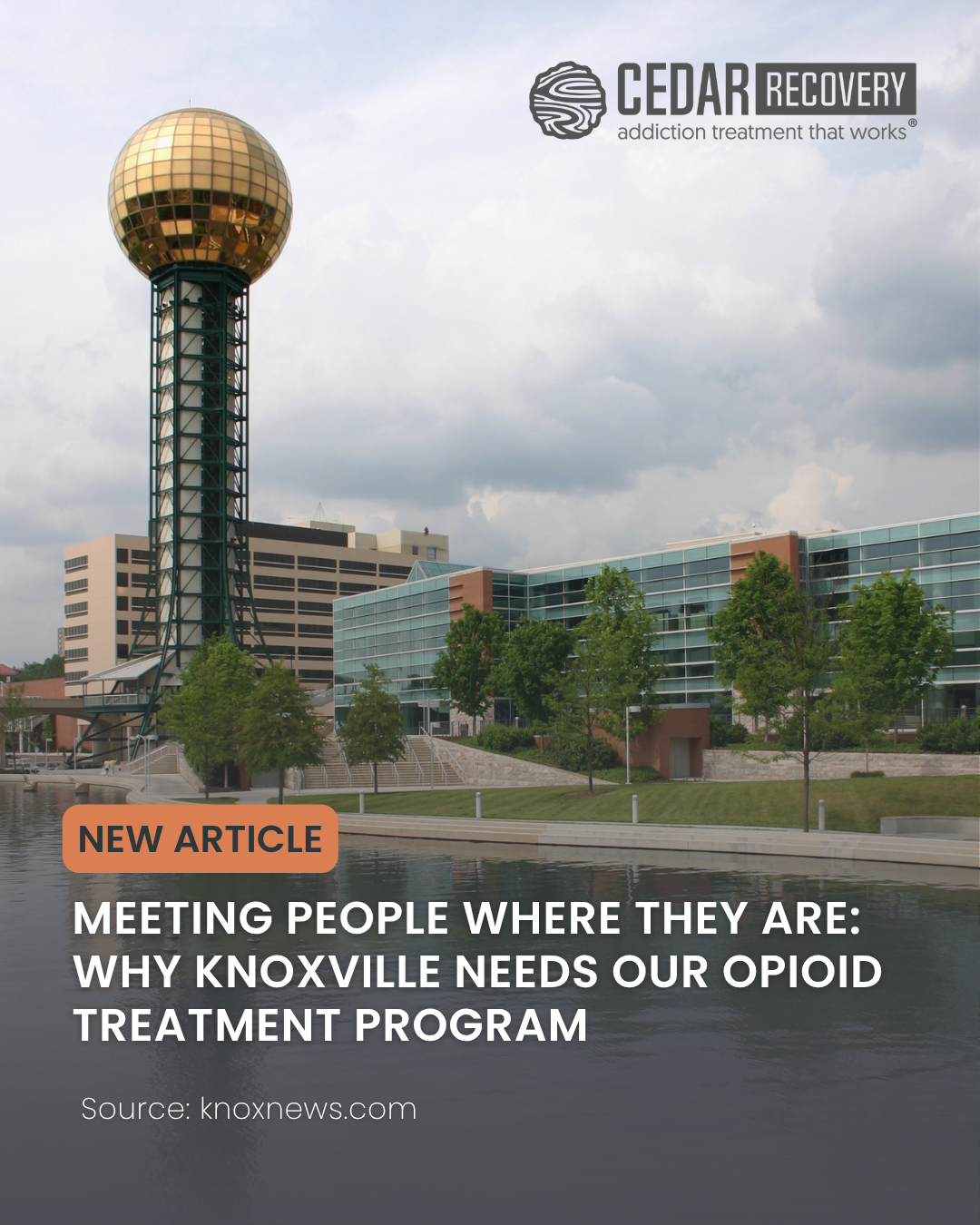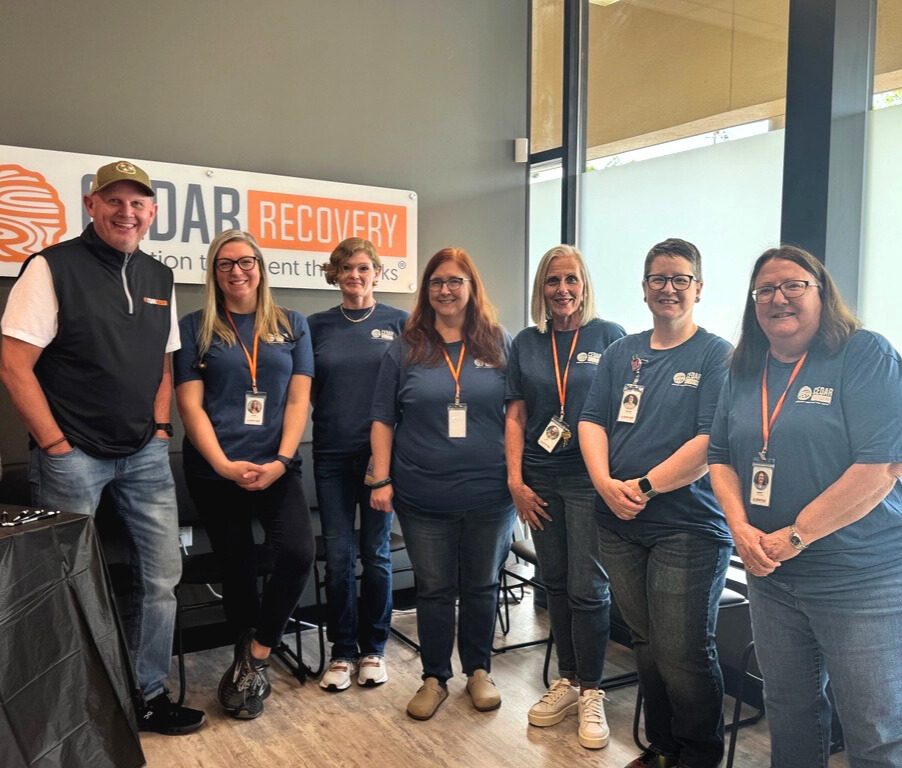I’m a doctor and a recovering addict. America can’t lose ground on the opioids fight now.
There’s talk of scaling back key programs and cutting funding that has proved to save lives. Doing so wouldn’t just slow progress, it would send us backward.
In 2004, I nearly lost everything to opioid addiction. I was a practicing physician, a husband and a father, and I was also deeply dependent on the same medications I once prescribed to others. My recovery was hard-earned and required structure, accountability and people who refused to give up on me. That experience is why I’ve dedicated my life to helping others do what I did: Survive long enough to get better.
And today, I can say something I never imagined possible two decades ago: We are finally making real, measurable progress in the fight against drug overdoses in America.
Recently, the Centers for Disease Control and Prevention released data showing that overdose deaths in the United States have dropped by nearly 27% from 2023 to 2024. After years of heartbreaking headlines and rising death tolls, we’re finally seeing a shift in the right direction. These aren’t just abstract percentages, they represent real people. Parents tucking their kids in at night, employees returning to work, neighbors rebuilding relationships and young people getting second chances.
Cutting Medicaid will set us back in the opioid fight
This progress didn’t happen by accident.
It happened because of deliberate, sustained action backed by bipartisan support and a strong federal commitment to addressing this crisis head-on.

Medicaid, the largest payer of substance use disorder treatment in the United States, has given millions of Americans access to lifesaving care. Federal grants have helped get naloxone into the hands of first responders. Community-based organizations are expanding access to treatment and recovery services in ways that simply weren’t possible a decade ago.
As someone who’s worked in both medicine and public policy, I’ve seen firsthand the impact of these investments. We’ve transformed what used to be a disconnected patchwork into a system that increasingly meets people where they are ‒ in emergency rooms, in jails, on the streets and in their homes.
But now, as Congress and the administration debate the next federal budget, I’m worried we’re at risk of forgetting how we got here. There’s talk of scaling back key programs and cutting funding that has proved to save lives. Doing so wouldn’t just slow progress, it would send us backward.
Fighting the opioid epidemic doesn’t have to be partisan
That’s particularly dangerous for states that are legally required to balance their budget every year.
If the federal government pulls back, that doesn’t eliminate the need for services. It just forces states to make impossible decisions ‒ raise taxes, slash other essential services or cut overdose prevention programs that are working.
When that happens, it’s not numbers on a spreadsheet that suffer. It’s real people.

The good news is that this doesn’t have to be a partisan fight. Republicans and Democrats alike have supported these programs because they deliver results. Because they keep families together. Because they reduce crime, lower health care costs and strengthen our workforce.
These aren’t just moral investments, they’re economic ones. Every dollar spent on treatment and prevention saves several more down the line in avoided emergency care, incarceration and lost productivity.
We know what works. The question now is whether we will have the courage to keep doing it.
I believe we will. I believe our leaders, including those in the Trump administration and this Congress, understand the stakes. But they need to hear from us. They need to know this progress is real, it’s saving lives and it’s worth protecting.
We’ve come too far to retreat now. Let’s keep our foot on the gas and finish the job.
Source: USA Today






